Quality Management Lab
Texture Maker's quality control laboratory is the cornerstone of the company's commitment to product excellence and safety. It plays a crucial role in the quality management system, aiming to meet international standards such as ISO 22000, FSSC 22000, and HACCP. The laboratory is also striving to obtain TAF association certification for ISO 17025, underscoring its exceptional capabilities in food safety and quality.
In the quality control laboratory, strict procedures and regulations ensure that all food raw materials and finished products undergo comprehensive testing and analysis. This process covers everything from raw material procurement and production process monitoring to final product testing, ensuring that each stage meets the required standards. The laboratory uses professional testing equipment and advanced technology to guarantee the accuracy and reliability of test results.
The professional team in the quality control laboratory has a background in food science and possesses in-depth industry knowledge and technical expertise. Besides performing standard tests, they can also conduct customized tests and analyses based on specific needs. This tailored approach ensures that products meet the unique requirements of customers.
The main goal of the quality control laboratory is to ensure the safety, quality, and compliance of all products. Through continuous quality monitoring and improvement, the team identifies and resolves potential quality issues, maintaining the products' excellent reputation in the market. By adhering to international standards and implementing continuous quality management practices, Texture Maker's quality control laboratory ensures that the company's products maintain a leading position in the market and provide customers with reliable food ingredients.

Raw material procurement, production process monitoring

Product testing

Food science and technology testing and analysis

Ensure product safety, quality and compliance

Follow international standards and quality management

Quality capability certification
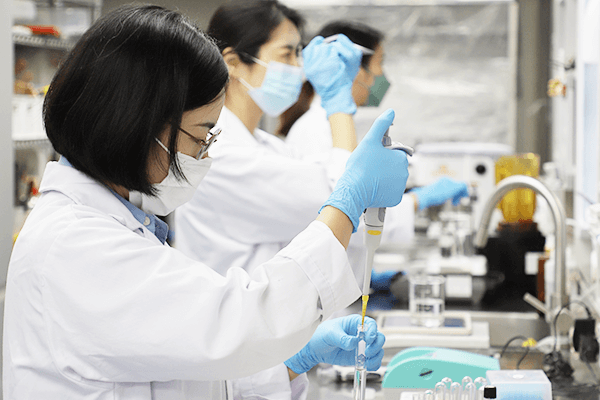
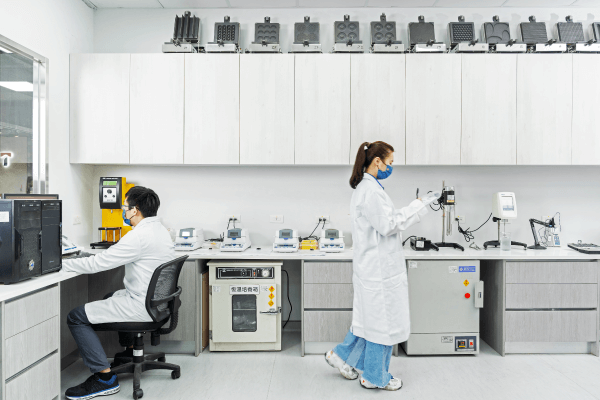
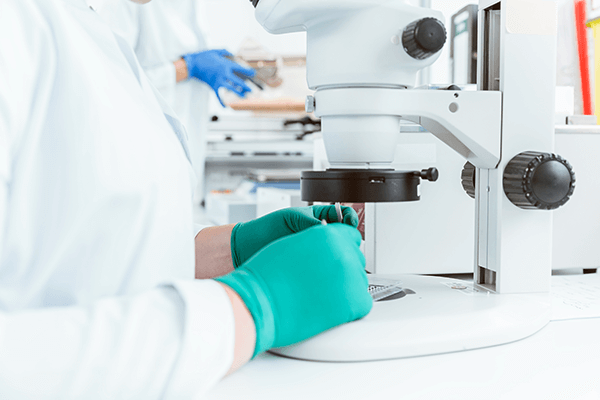
Raw Material Acceptance
Plays an important role in raw material acceptance, ensuring that the raw materials obtained from suppliers meet the company's quality standards and safety requirements. Raw material acceptance is a key link in ensuring quality consistency during the production process, and it also helps to prevent potential product problems.
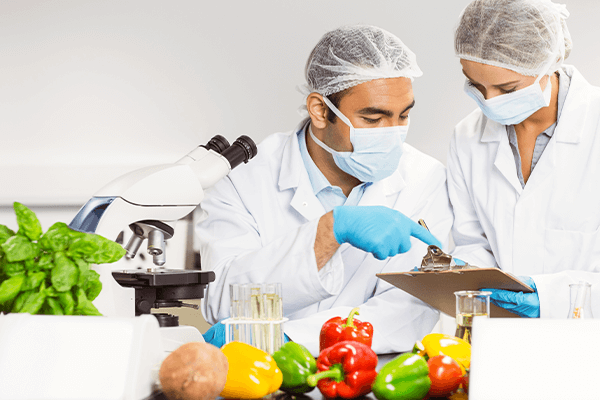
Finished Product Inspection
The process of comprehensively inspecting and evaluating the final finished product in the final stage of food production. This process aims to ensure the quality, safety and compliance of the final finished product, and to ensure that it meets the company's standards and customer expectations.
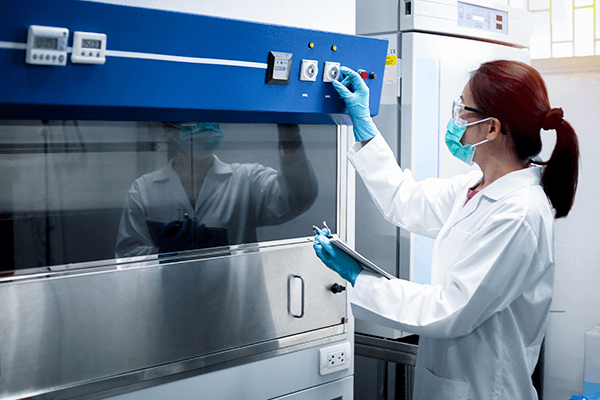
Microbiological Testing
Texture Maker's quality control laboratory plays an important role in microbiological testing, ensuring the excellent quality and food safety of products. Microbiological testing is an essential part of the food industry, aiming to ensure that products do not contain potentially harmful microorganisms and follow strict hygiene standards.
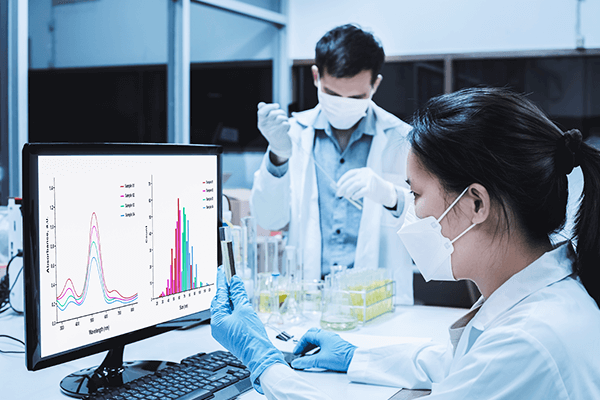
Chemical Analysis
Plays a key role in chemical analysis, including moisture, pH, sugar content, salinity, etc., to ensure the excellent quality and compliance of products. Chemical analysis is one of the important quality control methods in the food industry, aiming to ensure that products meet standards and regulations, and to guarantee the accuracy and safety of their ingredients.
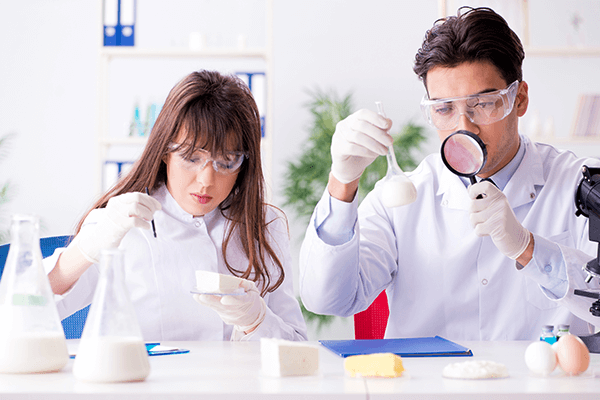
Physical Analysis
A scientific method that aims to understand the physical properties, structure and properties of food. This analysis often includes aspects such as the texture, organization, shape, size, rheological properties, and solubility of food. It helps to understand the characteristics of food and provides important information for food production, processing and quality control.


